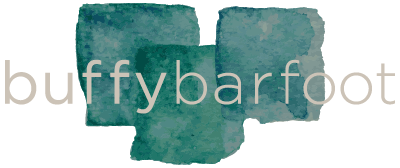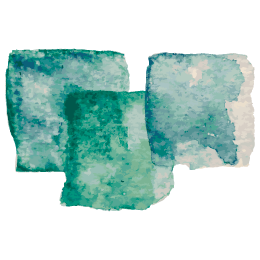myrtle
A couple of weeks ago, my friend Tina Porter gave me a gift. I was curled up on her couch during a slumber party with our friend Tara. She presented me with a framed black and white photograph. As I stared in awe, Tina explained she found it in the back corner of her mother’s art studio. She said, “Isn’t it just so you?” I agreed.
A bunch of young women stood posed for the photograph in bathing suits that looked more like costumes than anything you could wear in the water. I squinted at the description on the bottom of the picture. It said, “Contestants- Bathing Girl Revue. Galveston, Tex. May 14.-1922.” The ones in the back row all have elaborate parasols, and many have bathing caps as gaudy as the Kentucky Derby.
It has come to be one of my favorite photographs, partly because of the vintage outfits but mostly because of the women’s faces. They each seem to tell a story, some smiling and flirty and others more serious and concentrated. I have made up lives for them, and even looked for myself among the posed bodies. You can almost see the places of pride and insecurity, as well as the places of tenderness. It has made me think about the women in my family, what they have endured, and the stories we carry in our bodies as time wears on each generation.
My dad told me a story years ago that still lives in my cellular body. He was at his Uncle Willie’s house, and everybody was in the kitchen. Dad and little Willie were cousins. Both twelve years old, straddling childhood and manhood that summer, not knowing quite how to locate themselves. They had just finished supper, and the men were beginning to lean back in their chairs to talk about politics, farming, and small-town Mississippi events.
Dad stood up to take his plate to Aunt Myrtle, who had her back turned facing the farmhouse sink. She was a sturdy woman with strong hands and stable bones, and an apron was tied at her waist. When he handed her the plate and thanked her for the meal, she smiled down at him. He started to clear the table, bringing her the other dishes and condiments. Eventually, Aunt Myrtle looked at him and said, “Jimmy, go sit down at the table with the men. This is what I do.”
He said there was a sternness about her tone, but also a sorrow. She wanted him to understand that she knew her place and he was to learn his. My dad followed her instructions, but he kept the story in his own body as discomfort. Things were different then, especially in Mississippi.
When I wash dishes, I always think of Myrtle, in the middle of Mississippi so many years ago. “This is what I do,” she said, so firmly. I wonder if there was any craving underneath it all, or if there was a simple and resolute clarity for her. I wonder what she would have or could have done if she had been given the chance to have her something be something different than what it was.
I hope she can see me when I think of her, and I hope she watches me teach my kids to clear their own plates while my husband wipes the counter. I like to imagine that Myrtle sees us together at the table after we clean up, talking about art and writing and other things that spark us. I ask her occasionally for her sturdiness when I feel wobbly, because I remember how Dad described her quiet power.
Dear Myrtle, It is because of you that I have a marker for my own freedoms and a consideration of how I want to evolve what is possible. This is what I do and is a result of what you did.
We carry our ancestors with us as we heal. They say we heal backwards and forward seven generations every time we make a healing mark to evolve the conversation. I hope you feel that somewhere, and realize you were always more than just what was expected of you.
I hope she can see me when I think of her, and I hope she watches me teach my kids to clear their own plates while my husband wipes the counter. I like to imagine that Myrtle sees us together at the table after we clean up, talking about art and writing and other things that spark us. I ask her occasionally for her sturdiness when I feel wobbly, because I remember how Dad described her quiet power.
Dear Myrtle, It is because of you that I have a marker for my own freedoms and a consideration of how I want to evolve what is possible. This is what I do and is a result of what you did.
We carry our ancestors with us as we heal. They say we heal backwards and forward seven generations every time we make a healing mark to evolve the conversation. I hope you feel that somewhere, and realize you were always more than just what was expected of you.
I would have liked to have heard what you would have said at the table.

